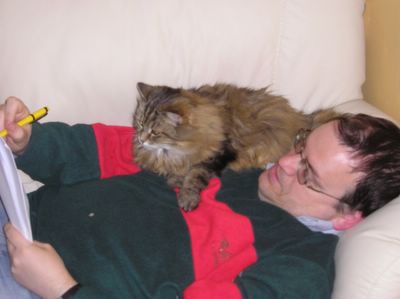Princes or paupers?
One thing I've been trying to work out is how well off a lead miner was in 1880. Books tell me they were poor and then as I read on, i am told they were the most prosperous of the working folk in the hills!how do you define poor though? They didn't run cars, the culture in the hills was not one to travel and holidays were certainly not granted in bulk. No plasma screen Tv's, no fads. They didn't fritter their money like we did. (There were holidays, the Monday after payday was always Miner's Day and many used it in homage to Baccus. )They tried to grow their own veg and do whatever repairs or building themselves as best they could.
On the flip side, there was no health care, you paid for the Doctor and you had no sick pay. pensions weren't known, so you worked until you couldn't or you would starve.
There were lean times for miners. The pay was dependent on striking a bargen (Bargain), which in effect was an agreement of a % commission for the amount of metal ore raised by each team. This changed according to prices and the pitch that you were digging - some gave out more waste than ore. When lead prices dived in the 80's, the money was tight, that much I know.
So what's the answer? Starving poor or comfortable? Difficult to tell, my take on it all was that most put some aside coin when they could to tide them through the bad times. I can't see many being starving, for they had to climb down the shafts on ladders and manually hammer drills into the rock to make charge holes, then manually shovel the rock into a tram. They wouldn't last a week on that routine! A dilemma though and it shows just how much knowledge has been lost in the sands of time.


2 Comments:
You might ask the same question today of people living in rural areas of the world with under-developed cash economies. Figures are often quoted for the amount of money people earn on average in such places. A few pence a day. And that is real poverty when you need to use cash to buy something (medicine for example). But when you grow your own food, build your own house, make your own clothes - money becomes less important.
In rural Mid Wales in the Nineteenth Century, industrial workers who earned a wage would have been vastly more wealthy (in cash terms) than the people around them - but that wouldn't always mean they were better off.
On another note - it is interesting to think of that rural area as a post-industrial landscape.
In my mind it's a case of 'you don't miss what you don't know of'
If you imagine how much % of our hard won cash we spend on amenities such as cars, TV, DVD, CD, holidays abroad etc.
These guys would not have that, neither would they be of the culture to travel (neither would they wish to for they would lose pay or even their jobs. - even though Bank Holidays were in existence from 1871, I believe the idea of travel for leisure was not there)
However, as Rod has said they would pay for medicine, they would pay for births, marriages and deaths. All the while there would be no income support to tide them over when one member of the family was unable to work.
Striking the balance of how well off they were is tricky. you don't want to make them out as happy-go-lucky and carefree with their coin yet you don't want to end up parodising the 'four yorkshiremen sketch'!
The balance is somewhere around getting by and putting aside to cover eventualities in the case of my mining family.
Post a Comment
<< Home